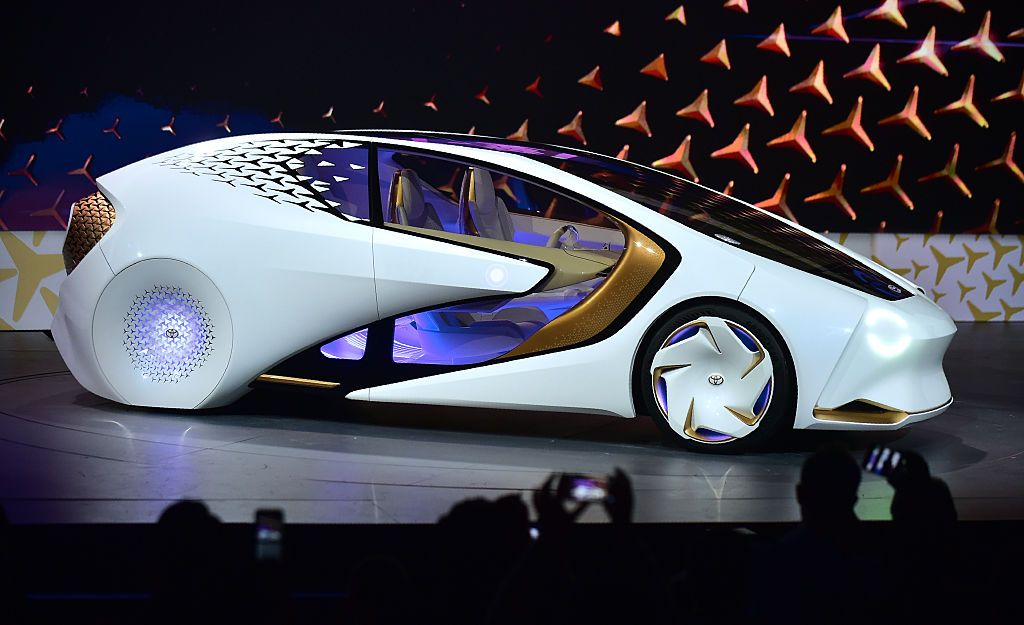This is the third in a series of posts dealing with General Motors' companion brands launched during the late 1920s. The first post can be found here, the second here.
As I stated in the previous posts, a major factor in the rise of General Motors during the 1920s was Alfred P. Sloan's establishment of a price-prestige hierarchy for GM's various brands. Over the 50 years from 1941 to 1991, when the Saturn brand appeared, the hierarchy from low to high was Chevrolet, Pontiac, Oldsmobile, Buick and Cadillac. But during the late 1920s so-called "companion" brands were introduced to fill what seemed to be price gaps in GM's line. In 1930 the hierarchy was approximately (there was price overlapping in a number of cases): Chevrolet, Pontiac, Marquette, Oldsmobile, Oakland, Viking, Buick, LaSalle, and Cadillac.
Buick's companion, the Marquette, had far greater sales success than Oldsmobile's Viking dealt with in the second part of this series. That was in spite of the fact that Marquettes were marketed only in the 1930 model year whereas Vikings were offered for both 1929 and 1930. Around 7,200 Vikings were sold compared to nearly 42,000 Marquettes.
Unlike the Pontiac and Viking companion cars dealt with in the first two posts, styling detail differences from the host brand were more distinctive on Marquettes for reasons discussed below.
Buicks featured distinctive brand-identifying upper grille framing and related hood sculpting, as can be seen in this "for sale" photo of a 1930 coupe. Marquette, being a separate brand, was given different treatments in those areas.
The two images above are photos I took of a 1930 Marquette at the National Automobile Museum in Reno in January 2015. Note the non-sculpted upper hood surfaces and grille frame shaping. An even more distinctive difference from Buick is the 45-degree angling of the narrow grille bars -- Buicks had thicker, vertical bars. A lesser difference is in the headlight mountings. However, Buicks and Marquettes had nearly identical starter crank covers (at the bottom of the grilles).
This is the third in a series of posts dealing with General Motors' companion brands launched during the late 1920s. The first post can be found here, the second here.
As I stated in the previous posts, a major factor in the rise of General Motors during the 1920s was Alfred P. Sloan's establishment of a price-prestige hierarchy for GM's various brands. Over the 50 years from 1941 to 1991, when the Saturn brand appeared, the hierarchy from low to high was Chevrolet, Pontiac, Oldsmobile, Buick and Cadillac. But during the late 1920s so-called "companion" brands were introduced to fill what seemed to be price gaps in GM's line. In 1930 the hierarchy was approximately (there was price overlapping in a number of cases): Chevrolet, Pontiac, Marquette, Oldsmobile, Oakland, Viking, Buick, LaSalle, and Cadillac.
Buick's companion, the Marquette, had far greater sales success than Oldsmobile's Viking dealt with in the second part of this series. That was in spite of the fact that Marquettes were marketed only in the 1930 model year whereas Vikings were offered for both 1929 and 1930. Around 7,200 Vikings were sold compared to nearly 42,000 Marquettes.
Unlike the Pontiac and Viking companion cars dealt with in the first two posts, styling detail differences from the host brand were more distinctive on Marquettes for reasons discussed below.
Buicks featured distinctive brand-identifying upper grille framing and related hood sculpting, as can be seen in this "for sale" photo of a 1930 coupe. Marquette, being a separate brand, was given different treatments in those areas.
The two images above are photos I took of a 1930 Marquette at the National Automobile Museum in Reno in January 2015. Note the non-sculpted upper hood surfaces and grille frame shaping. An even more distinctive difference from Buick is the 45-degree angling of the narrow grille bars -- Buicks had thicker, vertical bars. A lesser difference is in the headlight mountings. However, Buicks and Marquettes had nearly identical starter crank covers (at the bottom of the grilles).















EmoticonEmoticon